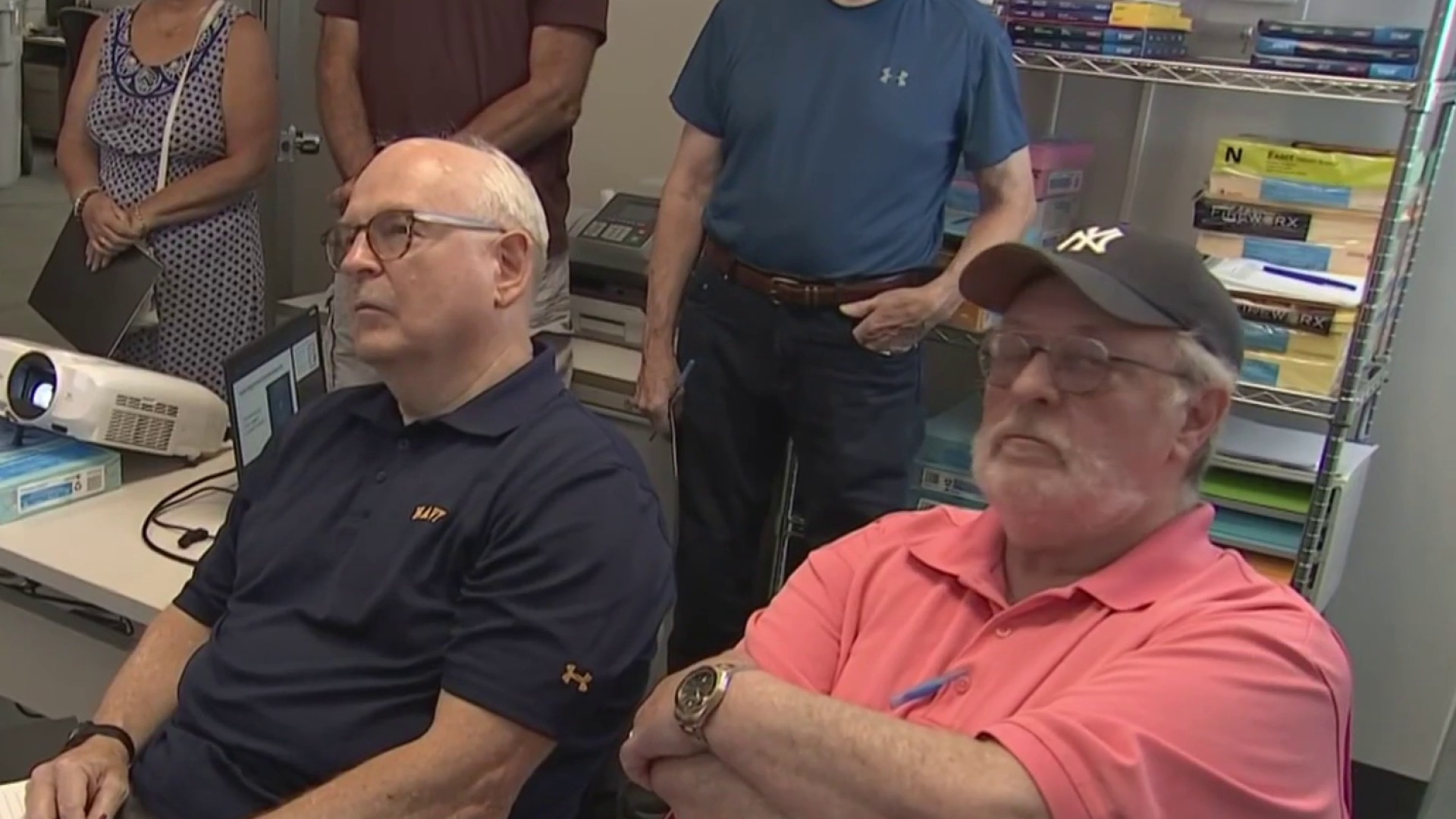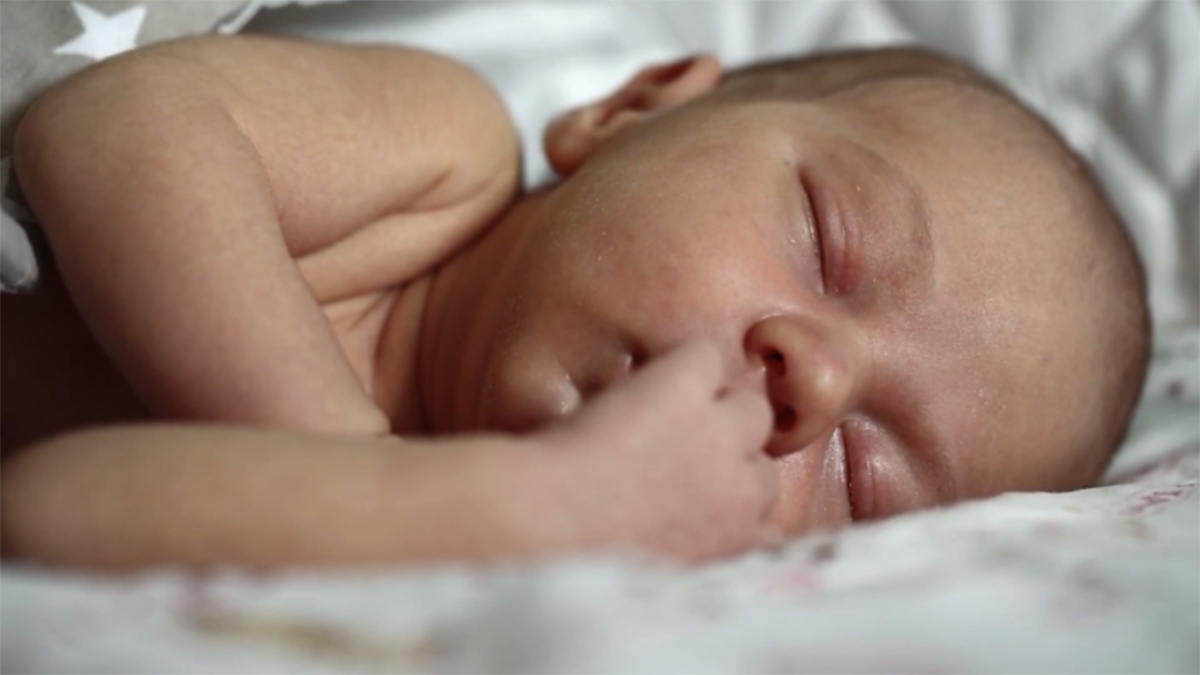“Can somebody give me a definition of credible?” a D.C. teacher asks a classroom of eighth graders.
“Kind of like trustworthy,” a student responds.
A new DC Public Schools pilot program aims to arm kids with tools to identify online misinformation. The News4 I-Team got a look at the lessons inside Inspired Teaching Public Charter School, in Northeast.
Students were learning tools such as lateral reading. Instead of trusting one website, they were instructed to visit several sites and research who’s publishing the information to determine potential motives or bias.
We've got the news you need to know to start your day. Sign up for the First & 4Most morning newsletter — delivered to your inbox daily. >Sign up here.
“They kids are already so much more aware of what they’re consuming,” seventh and eighth grade teacher Brie Wattier said.
The DCPS lessons were developed with help from the University of Maryland.
“It’s critical that schools teach them how to deal with that flood of information that’s coming at them when they consult the internet to learn more about issues,” said Sarah McGrew, UMD assistant professor. She helped design the civics course and train its teachers.
Eighth graders often learn about the world from Google, followed by TikTok, Instagram or Snapchat.
Younger generations have never known a world without social media or the internet. A third of adults get their news from social media, research by the Pew Research Center showed, making them potential targets for disinformation.
Studies on students’ knowledge on identifying online misinformation have shown students who have this skill not only use it but can tell the difference between fact and fiction online.
A researcher’s warning about propaganda
What’s spreading online is often more insidious than disinformation or misinformation, said Renée DiResta, professor and author of “Invisible Rulers: The People Who Turn Lies into Reality.”
“When people are talking about social media misinformation, particularly the media, what they're more often referring to are propaganda campaigns,” she said.
Propaganda spread online can have dangerous consequences.
During the 2016 presidential campaign, an online conspiracy theory alleging Democrats were leading a child trafficking ring inside a D.C. pizza restaurant got millions of views. It led one man to open fire inside the business. He said he was trying to save the children.
“It's very disturbing,” Mayor Muriel Bowser said at the time. “It speaks to how irresponsible rhetoric can have significant consequences.”
During this last election cycle, unfounded claims of Haitian migrants in Ohio eating dogs and cats began on Facebook then quickly spread, even becoming a Republican talking point during the presidential debate.
“That's a propaganda campaign,” DiResta said. “This is a rumor that's used in service to political propaganda, and just fact checking it is not going to correct the record or sway the hearts and minds of the people who are sharing it.”
The I-Team asked DiResta what she expected to see next in propaganda or disinformation.
“My fear is that people are exhausted and that they're not going to fight and that they're not going to try to find out the truth,” she replied.
“What are your thoughts when you hear that there are kids who are learning how to tell the difference between fact and fiction?” the I-Team asked DiResta.
“I think it's fantastic. I think it needs to be more than kids,” she replied.
How students say the class changed how they use the internet
McGrew, the UMD professor, also said she hopes more schools will teach online literacy, and at younger ages.
“I think in terms of building those habits of critically evaluating online sources, those can start in elementary school,” she said.
At Inspired Teaching Public Charter School, students said their class on internet literacy already has changed what they do online.
“I think background research is very, very important,” student Sifan Abu said.
“Everyone should know, like, to check other sources and check other websites to see if the source that they're looking at is actually true,” student Nardo Belete said.
The I-Team asked: Do you think some grownups could use some of the lessons you all have learned?
“Yeah,” Nardo said with a smile.
Fourteen schools across D.C. are participating in the civics course pilot this school year. All D.C. schools will begin "action civics" for eighth graders next year. Fifty will teach the online literacy course, and the hope is more teachers will be trained soon.




